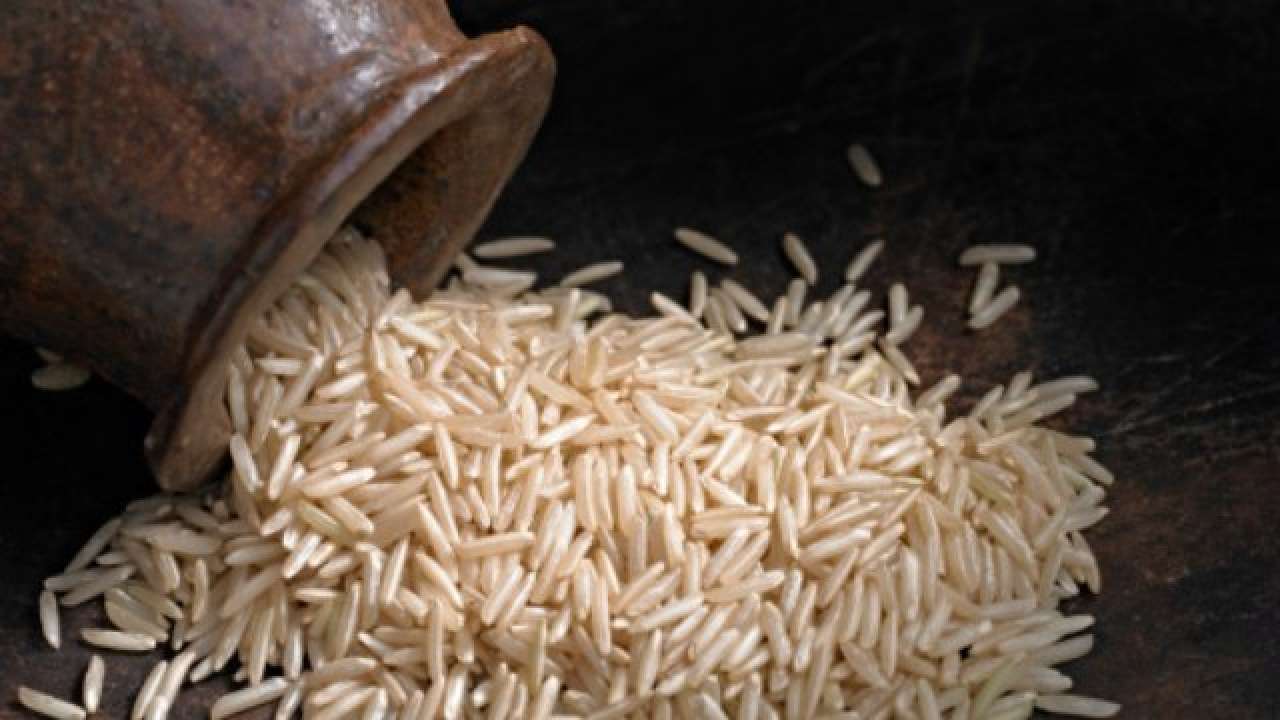Mar 2, 2019
Govt approves centrally sponsored ‘fortification of rice’ scheme

Govt approves centrally sponsored ‘fortification of rice’ scheme Govt approves centrally sponsored ‘fortification of rice’ scheme
To address the issue of micronutrient deficiency and anemia in the country, among its various fortification of food schemes, the Government of India has now approved the centrally sponsored pilot scheme on ‘fortification of rice' and its distribution under public distribution system (PDS) for a period of three years.
Under the scheme, milled rice will be mixed with a premix containing vitamins and minerals post-harvest.
As per the Food Fortification Resource Centre (FFRC) of the Food Safety and Standards Authority of India (FSSAI) under Ministry of Health and Family Welfare, iron, Vitamin B12, and Folic acid are the mandatory nutrients for the fortification of rice, the kernels of which are added into the regular rice kernels in 1 to 100 ratio.
“Sixty per cent of our population consumes rice as their staple diet. It is very important to reach out to this section. The discussions for the fortification of rice started in August, and we have now got approval for the pilot scheme. This is a great initiative which will help the vulnerable groups. In the future, we intend to scale-up from pilot projects,” said Rohini Saran, Deputy Lead, FFRC.
Fortification standards have also been operationalised by the Food Safety and Security of India (FSSAI).
In the first phase, Andhra Pradesh, Maharashtra, Karnataka, Kerela, Odisha, Uttar Pradesh, are among the 15 states to get the fortified rice.
Niti Aayog shared the list of one district in each of the 15 states for the pilot project, states that had an aspirational district were asked to nominate the aspirational districts first.
Niti Aayog Advisor, Alok Kumar, shared that this initiative will go a long way in addressing the issue of micronutrient deficiency along with the other projects including anemia mukt Bharat and fortification of salt.
“The fortification will improve the nutritional quality of the food supply and provide a public health benefit with minimal risk to health,” said a senior official.
Subscribe to:
Comments (Atom)




